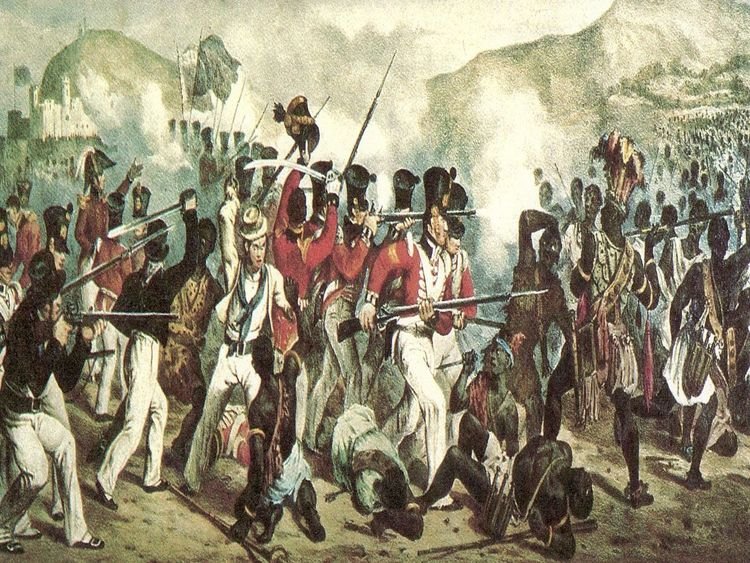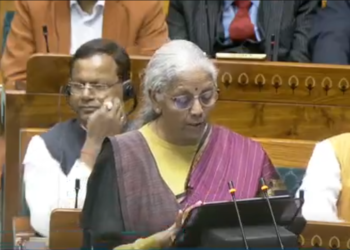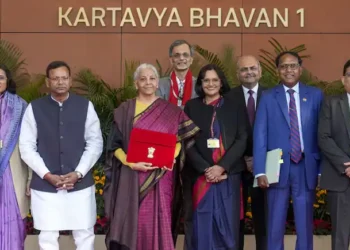The group says claims that the Anglo-Kuki War was a small raid insult generations who fought British forces for freedom and dignity. Citing British records, Young Kuki rejects accusations of fabricated history, calling for fair recognition of Kuki sacrifices in Manipur’s history.
BY PC Bureau
October 21, 2025: The Young Kuki, a Churachandpur-based outfit representing the hopes and aspirations of Gen Z of the Kuki-Zo community, has expressed deep concern over recent attempts by certain individuals and media outlets to diminish and distort the history of the Anglo-Kuki War (1917–1919), reducing it to a minor “incident” involving a few sepoys.
Such claims not only insult the memory of our ancestors but also represent a broader pattern of historical erasure that has long denied the Kuki people their rightful place in Manipur’s shared history, the group said in a press release.
“Every year, around this time, something remarkable — and troubling — occurs. The histories of one community become invisible to another. Kuki history, in particular, seems to disappear the moment it is viewed from the valley. What was a two-year-long uprising against British colonial rule suddenly becomes a small raid,” the release said, adding, “A movement of courage and sacrifice shrinks into the footsteps of fifty soldiers. Memory, it seems, is determined not by truth, but by who tells the story.”
The Young Kuki went on to point out that a recent article exemplified this distortion by reducing the entire Anglo-Kuki War to the burning of Mombi village in October 1917. It presented fifty sepoys and a single act of violence as the whole narrative — omitting the sustained resistance, the deployment of British forces from Burma, the raids and counter-raids that spanned two years, and the immense suffering endured by our people. “Such selective storytelling is not just careless; it is deliberate,” it said.
“We also take strong exception to the false accusation that the Kukis ‘borrowed’ casualties from the Chin Hills. This claim betrays either ignorance or willful denial. British records themselves regarded the Chin and Kuki uprisings as a connected campaign across contiguous territories. Borders, as understood today, did not define the struggles of 1917. Resistance cannot be divided by lines drawn in Imphal or London,” the release stated.
READ: Trump Admin. Clarifies $100,000 H-1B Fee, Relief for Indian Students
READ: Opinion: Justice in Jest — Diwali Firecrackers, Bulldozers, and Encounters
It is deeply ironic that the Anglo-Manipur War of 1891 is remembered with reverence — its heroes celebrated, its history preserved — while the Anglo-Kuki War is dismissed as myth, the statement said. “Why must Kuki pain and bravery constantly be scrutinised to earn recognition? History should not be a privilege granted to one community and denied to another,” it added.
#ANGLO_KUKIWAR
Commemorating the 107th anniversary of the Anglo-Kuki War honoring the bravery and sacrifices of our forefathers who fought for our land and identity. Together, we will remember their legacy and strengthen our resolve for the future of Kukiland.#Anglo_KukiWar pic.twitter.com/mx6YhtU8s1— Leekholee Kuki (@LyNaoneo) October 17, 2024
For over a century, Kuki memories have survived outside textbooks — in oral traditions, songs, and the stories of our elders. These were ignored by those who controlled the pens of history. “Now, when we finally speak, we are accused of fabrication. This cycle of silencing and disbelief must end,” it said.
The Young Kuki reaffirmed that the Anglo-Kuki War was not a “skirmish.” “It was a determined, organised, and costly resistance against colonial rule. It may not have been waged with formal declarations, but it was fought with courage, conviction, and unity. Our forefathers did not march for glory — they rose to defend their freedom, land, and dignity,” the release stated.
“History is not owned by any single community. It belongs to all who lived it, suffered it, and preserved it. No one has the right to erase it, rename it, or belittle it,” the release said, adding, “The Young Kuki calls upon historians, educators, and media houses to engage with the Anglo-Kuki War honestly and respectfully, guided by evidence — not prejudice.”
“We will continue to uphold and honour our ancestors’ sacrifices, to protect the integrity of our history, and to ensure that the Anglo-Kuki War receives the recognition it deserves in the annals of India’s anti-colonial struggle,” the statement concluded.













